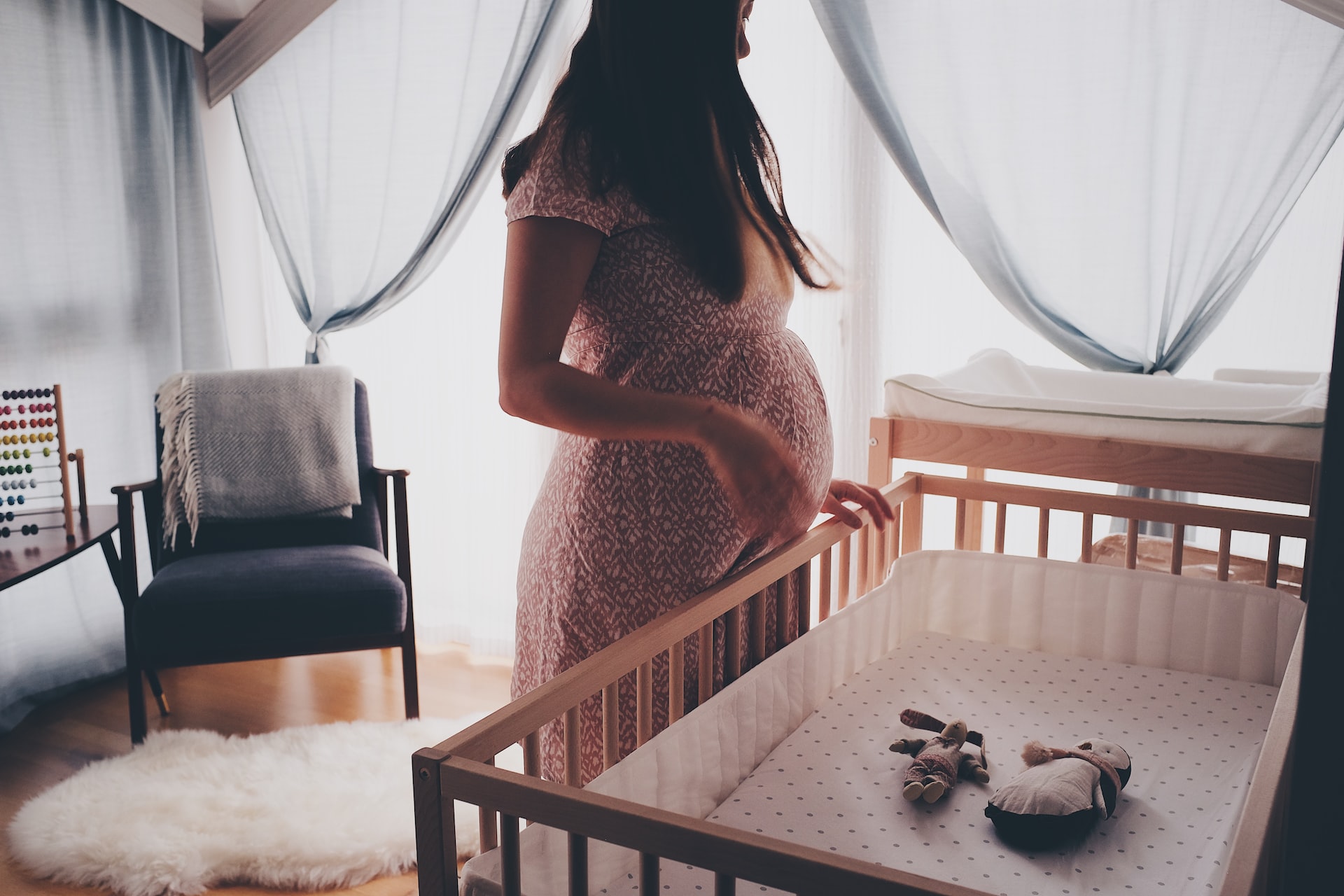
Symptoms and treatment of Postpartum Depression, which is dangerous for mother and baby
Postpartum depression can have serious consequences for mother and baby. So what is puerperal syndrome? Postpartum syndrome symptoms and treatment.
Postpartum depression or puerperal syndrome, which can have serious consequences for the mother and baby, usually begins insidiously within the first six weeks after birth. And it gets better in a few months. But it can take up to a year or two. This depression has multiple causes.
Postpartum depression, which is seen in 50 percent to 70 percent of mothers, can last for about two months.
The sudden decrease in estrogen and progesterone (the sex hormone that protects the menstrual cycle and pregnancy) levels that rise during pregnancy or thyroid disorders may play a role in puerperal depression. In addition, vitamin B9 may also be effective in postpartum depression.

Postpartum Depression Symptoms
A newly born mother is very confused. The new mother often has tears in her eyes, can't concentrate, takes a deep sigh, and feels pain all over her body. This condition, called postpartum sadness, is considered normal. Within a week or ten days, the mother gradually learns how to behave and begins to adapt to her baby and her new environment. For women who do not have experience in motherhood, the support they will receive from their relatives in the first period is of great importance.
Common symptoms of postpartum depression include;
- Severe feelings of sadness or emptiness
- Insensitivity
- Overstrain
- Low energy
- Bodily complaint

Postpartum Depression Treatment
Untreated postpartum depression can be dangerous for mother and baby.
Mothers experiencing post-pregnancy depression should definitely seek professional help. If mothers who give birth cannot cope with daily situations, think of harming themselves or the baby, and spend most of the day in extreme anxiety, fear or panic, they should definitely seek professional help. In the postpartum period, an understanding, experienced and supportive adult is required by the mother's side.







